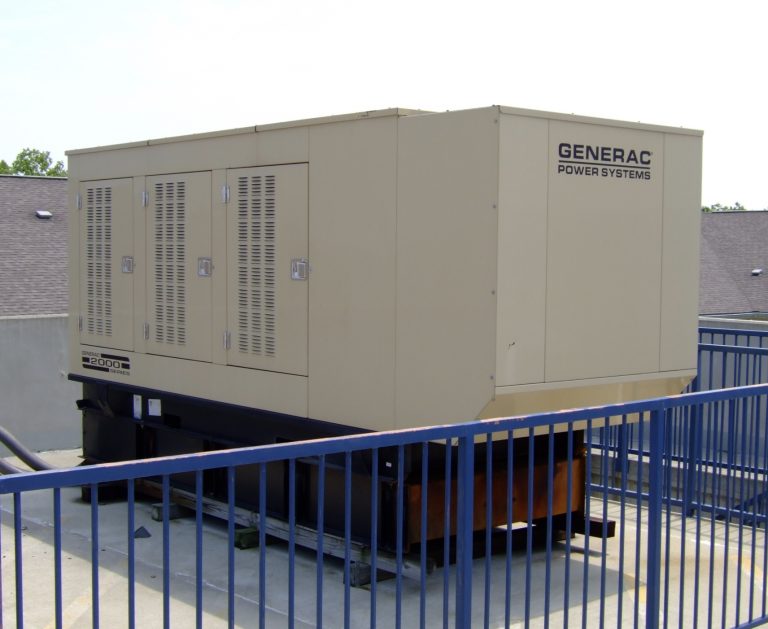Every household relies heavily on power, especially in a time where so many people are working remotely. This means that power outages can be incredibly disruptive, which is why homeowners should seriously consider investing in an emergency generator. This would kick in in the event of a blackout, which should stop the outage from interfering with your life.
Story Stages
Why You Need a Generator
A generator could keep your home warm in the winter and cool in the summer, keep your fridge and freezer working, keep your kitchen working and your computers running, so it is clear why a homeowner should have one as it is better to be safe than sorry. A generator is not a straightforward purchase, though, which is why you need to know how to go about finding the right one for your particular home.
Power
When choosing a generator, power is key as you will want to make sure that everything that you need can be powered by the generator. This means that you will want to add together the wattage of all the applications that will need power and to give yourself some headroom. This is not the easiest task, so many places have categories of generators including ones for backup power and you could always speak to someone if you are unsure.
Fuel
In addition to this, you will need to decide between petrol and diesel to power the generator. Both can be effective, but diesel generators are good for home backups because the run time and fuel economy are good, which means that they are reliable and cost-effective as a source of backup power and should last until you are up and running again.
Safety
Safety is another important aspect to consider when shopping for a generator. Many of today’s generators have a built-in sensor that can trigger an automatic shutoff if CO builds up to a dangerous level in an enclosed space, but you can also find ones that emit less CO in the first place. It is also always a good idea to run the generator at least 20 feet from the home and to direct the exhaust away from the property.
A backup generator is a smart investment for any homeowner as a power outage can interfere greatly with your life and could also be costly. This is particularly true with people working from home, but you must also make sure that you find the right generator for your particular needs.
